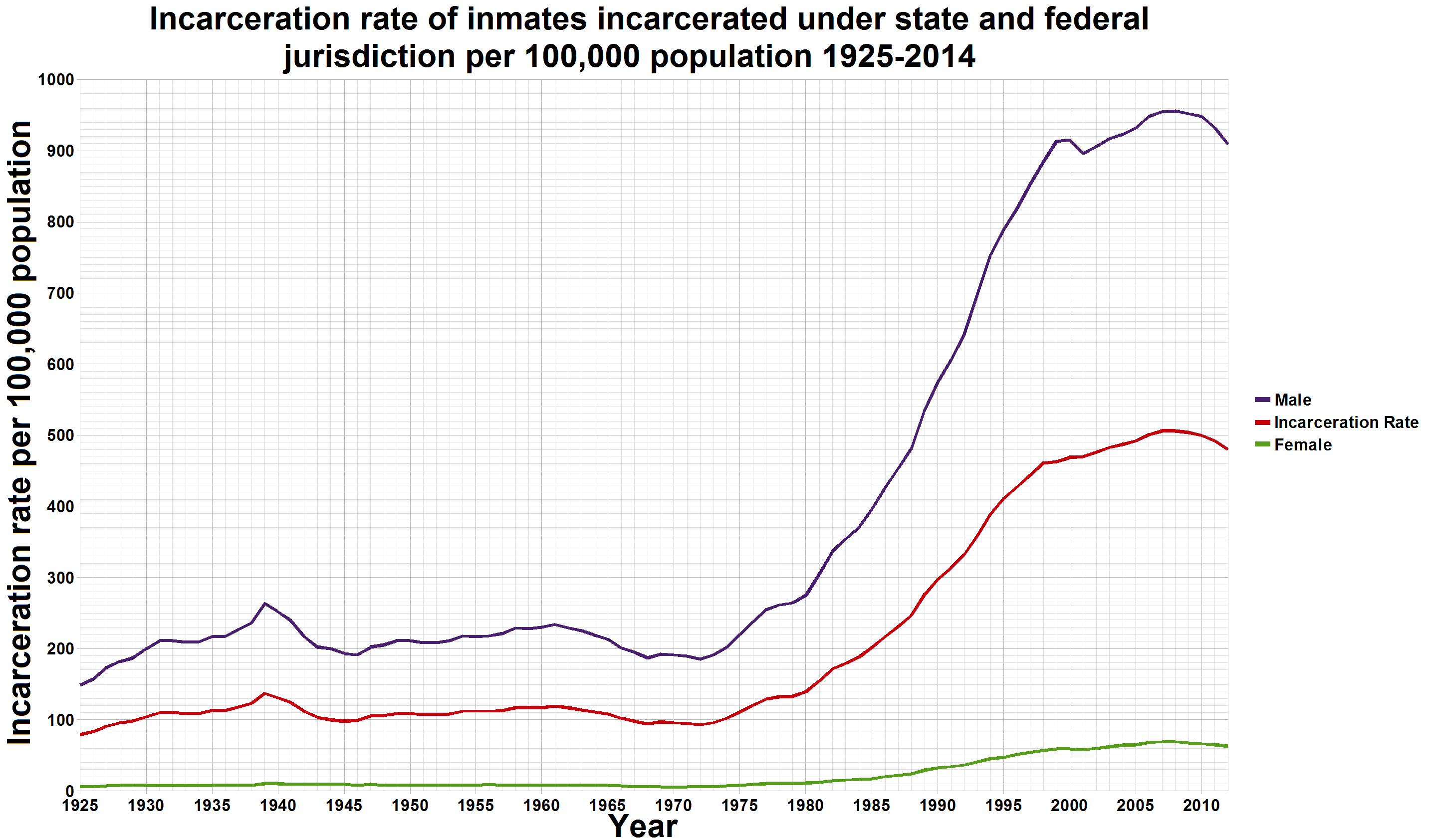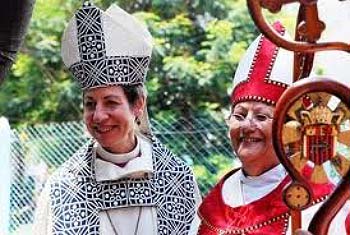I once asked a patristics scholar how Jerome, the translator of the Bible into Latin, ever got canonized. He was a nasty, cruel man. The scholar replied that in those days Saint meant “someone important in the Church.” And not only in those days.
John Paul grievously mishandled the cases of sexual abuse in the Church. Priests and at least one cardinal (Schoenborn) pleaded with him to do something, and he refused. Children committed suicide because of abuse that John Paul’s failures and willful blindness allowed to continue. And now he is Blessed John Paul and soon will be Saint John Paul.
Why?
Poland.
Poland is the last Catholic country in Europe and what John Paul did to help bring down Communism eclipses for the Poles everything else he did or failed to do.
Little will happen to Cardinal Mahony.
Why?
The New York Times today explains:
Cardinal Mahony, who served from 1985 until 2011, when he reached mandatory retirement, has faced calls for his defrocking over his handling of the abuse cases for years. But the cardinal, a vocal champion of immigrant rights, remained hugely popular with Latinos here, who make up 40 percent of the four million parishioners in the archdiocese.
Catholics of European descent are leaving the Catholic Church in the U.S. About a third have left, at the same rate as the dying Episcopal Church is experiencing. But Latinos are replenishing the ranks of Catholics, and Mahony because of his politics is still a hero to them. Therefore the Vatican will do nothing to Mahony. Prosecutors in Los Angeles also take politics into account, and I doubt they will go after Mahony.











